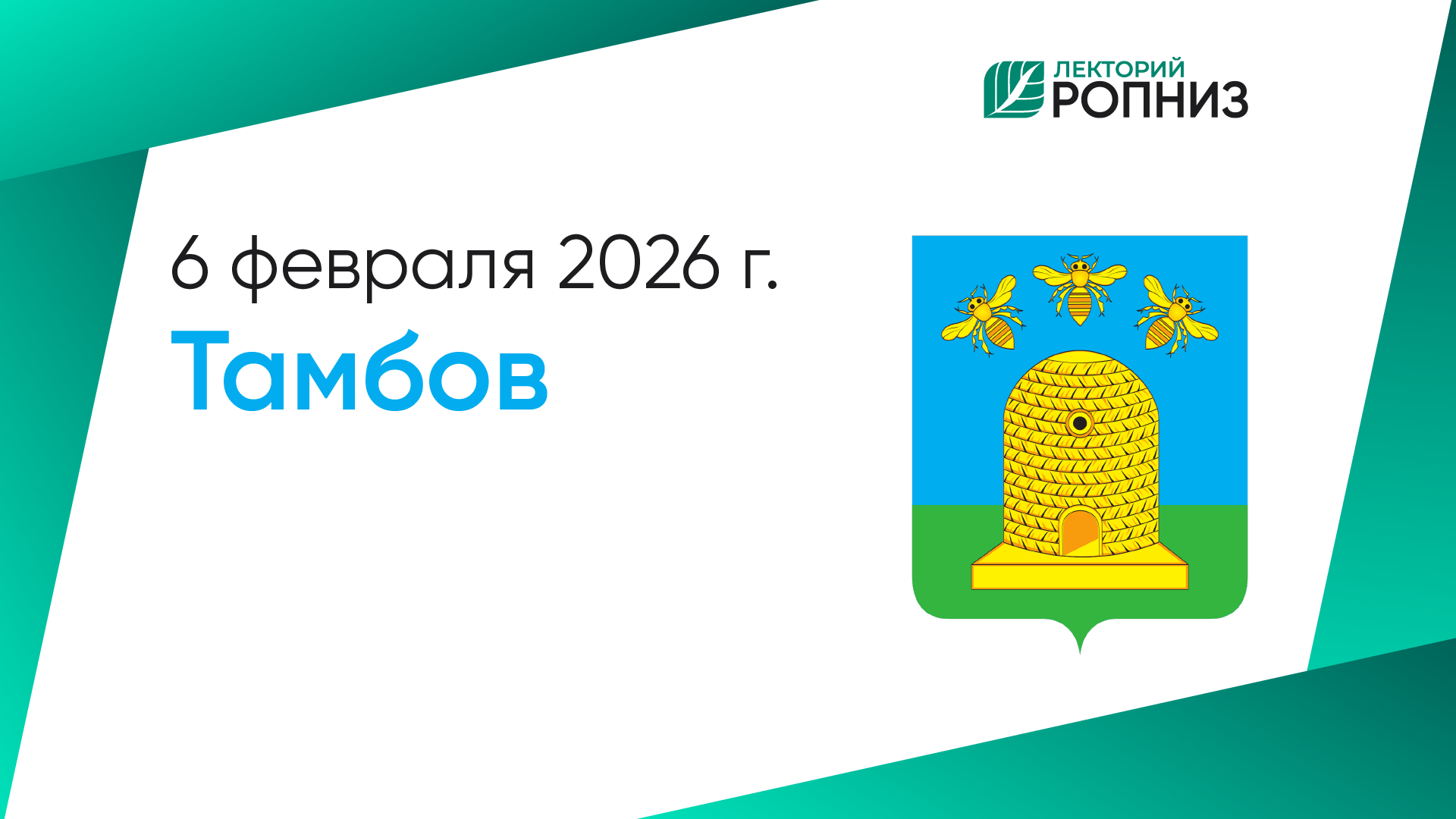LONG TERM SURVIVAL OF MYOCARDIAL INFARCTION PATIENTS COMPLICATED WITH CARDIOGENIC SHOCK
https://doi.org/10.15829/1728-8800-2015-2-13-18
Abstract
Aim. To study the parameters of long term survival of patients with myocardial infarction (MI), complicated with cardiogenic shock (CS) and the main medical and social factor influencing survival rate. Material and methods. The patients included in the study were treated in Kemerovo Cardiological dispensary in 2006-2011 yy. Number of patients was 6462, of those with cardiogenic shock — 493. Statistics was done with the standard licensed software "Statistica 6.0". For survival estimation we used the methods of tables construction on life duration and multiplying Kaplan-Meier marks. Results. During 2006-2011 yy. CS developed in 7,6%. Among patients more prevalent were older and retired ages, the comorbidity level was high (anamesis of MI and stroke, diabetes and chronic obstructive lung disease). Annual survival rate in CS was 9,6%, triannual — 7,9%.
Conclusion. Long term survival rate is negatively correlated with the age and does not depend on the patients' gender. Retired and older age, disability, anamnesis of MI, significant aortic stenosis, prominent chronic heart failure, multivessel coronary disease are associated with lower long-term survival rate. Reperfusion therapy by percutaneous intervention, the use of intraaortal balloon contrapulsation and renal replacement therapy in the complex CS therapy significantly improve long term survival of patients.
About the Authors
D. V. KryuchkovRussian Federation
V. Yu. Kheraskov
Russian Federation
G. V. Artamonova
Russian Federation
References
1. Mironkov AB, Prjamikov AD, Cvetkov RS, et al. Cardiogenic shock: current aspects of treatment (literature review). Cardiology &Cardiovascular Surgery 2014; 1: 60-6. Russian (Миронков А. Б., Прямиков А. Д., Цветков Р. С. и др. Кардиогенный шок: современные аспекты лечения (обзор литературы). Кардиология и сердечно¬сосудистая хирургия 2014; 1: 60-6).
2. Shevchenko II. Analysis of survival in patients with acute myocardial infarction complicated with cardiogenic shock. Russian Journal of Cardiology 2004; 3: 5-9. Russian (Шевченко И. И. Анализ выживаемости пациентов с острым инфарктом миокарда, осложненным кардиогенным шоком. Российский кардиологический журнал 2004; 3: 5-9).
3. Wong SC, Slepper LA, Monrad ES, et al. Absence of gender differences in clinical outcomes in patients with cardiogenic shock complicating acute myocardial infarction. A report from the SHOCK Trial Registry. JACC 2001; 38 (5): 1395-401.
4. Dzavik V, Sleeper LA, Cocke TP, et al. Early revascularization is associated with improved survival in elderly patients with acute myocardial infarction complicated by cardiogenic shock: a report from the SHOCK Trial Registry. Eur Heart J 2003; 24:828-37.
5. Diagnosis and treatment of patients with acute myocardial infarction with ST-segment elevation ECG. Cardiovascular therapy and prevention 2007; 6(8), application 1. Russian (Диагностика и лечение больных острым инфарктом миокарда с подъ¬емом сегмента ST ЭКГ. Кардиоваскулярная терапия и профилактика 2007; 6(8), приложение 1).
6. Van de Werf F, Bax J, Betriu A, et al. Management of acute myocardial infarction in patients presenting with persistent ST-segment elevation. The task force on the management of ST-segment elevation acute myocardial infarction of the European Society of Cardiology. Eur Heart J 2008; 29(23):2909-45.
7. Hochman JS, Sleeper LA, Webb JG, et al. Early revascularization in acute myocardial infarction complicated by cardiogenic shock. SHOCK Investigators. Should We Emergently Revascularize Occluded Coronaries for Cardiogenic Shock. N Engl J Med 1999; 341: 625-34.
8. Webb JG, Sleeper LA, Buller CE, et al. Implications of the timing of onset of cardiogenic shock after acute myocardial infarction: a report from the SHOCK Trial Registry. SHould we emergently revascularize Occluded Coronaries for cardiogenic shocK? JACC 2000; 36: 1084-90.
9. Urban P, Stauffer J-C, Bleed D, et al. A randomized evaluation of early revascularization to treat shock complicating acute myocardial infarction. The (Swiss) Multicenter Trial of Angioplasty for Shock-(S)MASH. Eur Heart J 1999; 20: 1030-8.
10. Thiele H, Zeymer U, Neumann FJ, et al. Intraaortic balloon support for myocardial infarction with cardiogenic shock. N Engl J Med 2012; 367(14): 1287-96.
11. Sjauw KD, Engstrom AE, Vis MM. Efficacy and timing of intra-aortic counterpulsation in patients with ST-elevation myocardial infarction complicated by cardiogenic shock. Neth Heart J 2012; 20(10): 402-9.
12. Giliarevsky SR, Rezvan VV, Kuzmina IM, et al. Management tactics for patients with cardiogenic shock due to acute myocardial infarction: evidence base, and actual practice. Neotlozhnaja medicinskaja pomoshh' 2014; 1:38-44. Russian (Гиляревский С. Р., Резван В.В., Кузьмина И.М. и др. Тактика ведения больного с кардиогенным шоком, обусловленным острым инфарктом миокарда: доказательные основы и реальная практика. Неотложная медицинская помощь 2014; 1: 38-44).
13. Danilov IA, Ovechkin AM. State issues and modern methods of treatment using low- flow membrane technologies. General Reanimatology 2011; 7(6): 66-72. Russian (Данилов И. А., Овечкин А. М. Состояние проблемы и современные методы лечения с использованием низкопоточных мембранных технологий. Общая реаниматология 2011; 7(6): 66-72).
Review
For citations:
Kryuchkov D.V., Kheraskov V.Yu., Artamonova G.V. LONG TERM SURVIVAL OF MYOCARDIAL INFARCTION PATIENTS COMPLICATED WITH CARDIOGENIC SHOCK. Cardiovascular Therapy and Prevention. 2015;14(2):13-18. (In Russ.) https://doi.org/10.15829/1728-8800-2015-2-13-18
JATS XML
























































